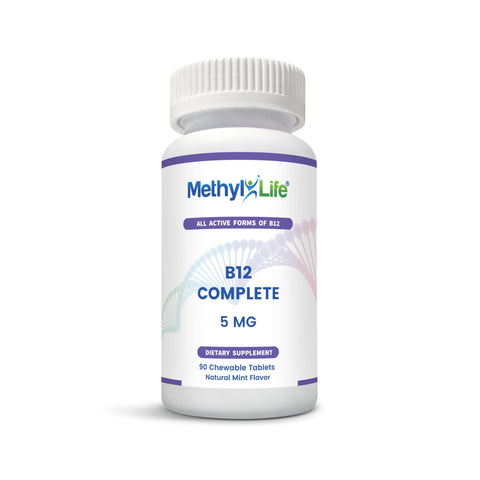The Relationship Between an MTHFR Gene Mutation and Lupus
Lupus is an autoimmune disease without a known cure. An estimated five million people worldwide have some form of lupus, but most are affected by systemic lupus erythematosus (SLE), which will be the main focus of this article.
SLE is diagnosed in around 161,000 people in the US1, while around 322,000 have definite or probable SLE2. It is most often seen in women of child-bearing age and is even more common in African-Americans, Asians, Hispanics, and Native Americans.
The pathophysiological understanding of lupus is constantly evolving. Recent research has identified several internal and external factors that may contribute to its onset, including hormones, genetics, and the environment. Among these is a possible link to functional polymorphisms of the gene encoding for the enzyme 5, 10- methylenetetrahydrofolate reductase (MTHFR), which may explain the high prevalence of elevated homocysteine levels among people living with lupus.
This article will explain lupus and discuss how it may be linked to an MTHFR genetic mutation and what treatment options may be available.










